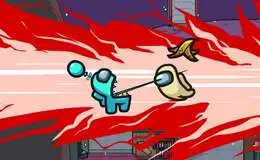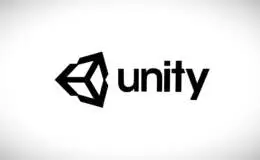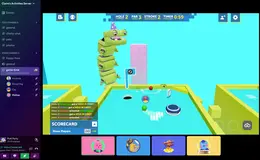In a show of solidarity against recent policy changes made by Unity, a popular game development tool, Terraria developer, Re-Logic, has announced a generous donation of $100k to two open source engines, Godot and FNA. Additionally, Re-Logic will continue to sponsor these engines with a monthly contribution of $1k. This decision comes despite the fact that Re-Logic does not use Unity for their own game.
Unity’s fee changes and alterations to their Terms of Service have sparked controversy within the gaming industry. Many developers feel that these changes have had a negative impact on their ability to monetize their games effectively. In response, numerous developers have joined forces in protesting against these changes by disabling certain monetization features until new conditions are reviewed.
Re-Logic’s donation and ongoing sponsorship serve as an important message in support of open source engines like Godot and FNA. By investing in these alternative tools, Re-Logic hopes to empower other developers while also standing up against what they perceive as “predatory moves” by Unity.
Now, let’s take a moment to understand what all this means for parents or grandparents who may be unfamiliar with the technicalities of game development.
Firstly, it’s important to note that game development tools like Unity are software platforms that allow developers to create video games. They provide various features and resources that streamline the process of designing and building games.
However, recently Unity made changes to its pricing structure and Terms of Service which upset many developers. These changes affected how developers could make money from their games and raised concerns about fairness in the industry.
To demonstrate their dissatisfaction with these changes and support for other game development tools, Re-Logic has decided to donate a significant amount of money ($100k) to two open source engines: Godot and FNA. Open source engines are free software platforms that anyone can use and modify. They offer an alternative to Unity for game developers.
Re-Logic’s donation will help these open source engines continue to grow and improve, ensuring that more developers have access to affordable and flexible tools they need to create games. By sponsoring them with a monthly contribution of $1k, Re-Logic is further demonstrating their commitment to supporting the wider gaming community.
For parents or grandparents who may be wondering why this matters, it’s important to understand that video games are not only a form of entertainment but also an educational tool. Many children enjoy playing games, and some might even dream of becoming game developers themselves one day.
By supporting open source engines like Godot and FNA, Re-Logic is helping to foster an environment where aspiring young developers can access powerful tools without facing financial barriers. This means more opportunities for creativity and learning in the world of game development.
Re-Logic’s decision to donate to open source engines in response to Unity’s policy changes sends a strong message about the importance of fairness and accessibility in the gaming industry. Their support for Godot and FNA demonstrates their commitment to empowering fellow developers while also advocating for positive change within the industry.
It’s worth considering these factors when making decisions about the content your children consume. Supporting companies that prioritize fair practices and accessibility can help shape a better future for both gamers and aspiring game developers alike.
Key Facts
Terraria developer, Re-Logic, is donating $100k to two open source engines, Godot and FNA, and will continue sponsoring them with $1k per month. This is in response to recent policy changes by Unity, a popular game development tool. Re-Logic does not use Unity but feels it’s important to support other engines against “predatory moves”. The developer condemns Unity’s fee changes and Terms of Service alterations as well as the negative impact on the gaming industry. Many developers have joined together in protesting these changes by turning off certain monetization features until new conditions are reviewed.





